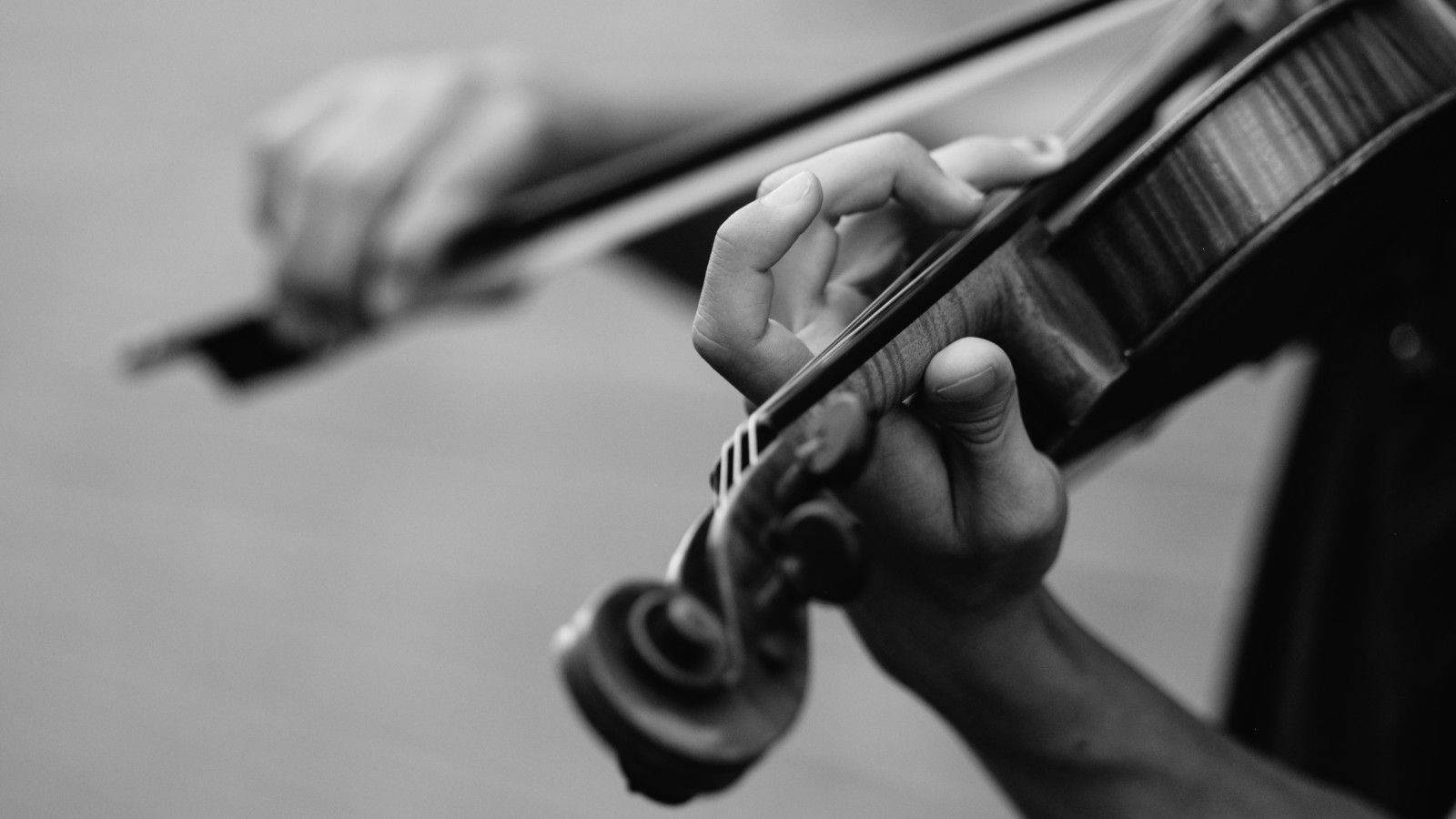When I was a boy I wanted to take violin lessons. For many reasons, my parents discouraged this and my dream of playing the violin never came true. Of course, like many children with ADHD (and adults, for that matter), my dreams were serial and plentiful.
And, truth be told, I was a terrible musician. Talentless.
Much to my parents’ chagrin, I regularly banged away on the piano, belting out tunes from Thompson’s Teaching Little Fingers to Play book and singing as if sent by the angel of family planning. I perched on the piano bench passionately practicing, “Here we go up a row to a birthday party . . .” over and over.
During my piano lessons my mom would occasionally walk by, waving as she took a deep drag off one of her Kent cigarettes. She attempted a smile but it came across as deep concern, the look you see on people’s faces in movies when the plane is going down.
I think my piano lessons ended as a public service to the community.
My point in sharing this is that to become good at anything is a matter of time and intelligence over intention. Nothing real or substantive happens overnight—or on a wish. Founding Less Cancer in my 40s, I was prepared to fail, and fail badly—but didn’t. Less Cancer took time, persistence —not to mention many collaborations and partnerships with leading experts in science and medicine—to become the small but mighty force it is today.
I recall someone years later asking me: “How did Less Cancer come about? I remember when you couldn’t pull a wagon around the block.” As if all it took was a flip of a switch, not massive groundwork and decades of development for the organization to make a transformative impact.
Good and worthy things do not happen on a whim. They don’t happen overnight. And, initially, many people don’t understand what you’re trying to do. Or they have doubts that new ideas will last. There were doubters about the future of automobiles, the telephone and the Internet.
Today Less Cancer takes more time and energy than ever to continue its good work. Daily efforts turn into hours, hours into days, and days into weeks—year after year. But I’ve learned that persistence, matched with expert guidance and evidence-based science and medicine, is how the needle moves on change.
I love the work, and would never leave my desk if I did not schedule forced breaks—“must-do” time for me. Usually it is a bike ride, which gives me time to reflect and give thanks. Sometimes it’s a workout. My latest forced break is for violin lessons. Yes, my inner child is calling and it simply must be addressed. And why not? Everyone tells me how hard the violin is. Does anyone who knows me think I don’t understand difficulty and failure? I have failure down to a science, and nothing good comes without it. Nothing is gained if we don’t risk making mistakes. Yeah, the violin is hard. So is cancer—and the work to prevent it.
I had more time as an eight-year-old than I do as 62-year-old to learn the violin, but waiting another year on the assumption I’ll have more time is not the solution. It’s now or never.
It’s probably a blessing that my parents are no longer alive for my next musical adventure. A word to my neighbors: if you see wildlife running through your yards, there’s no cause for alarm. It’s just me on a “forced break” practicing the violin.


